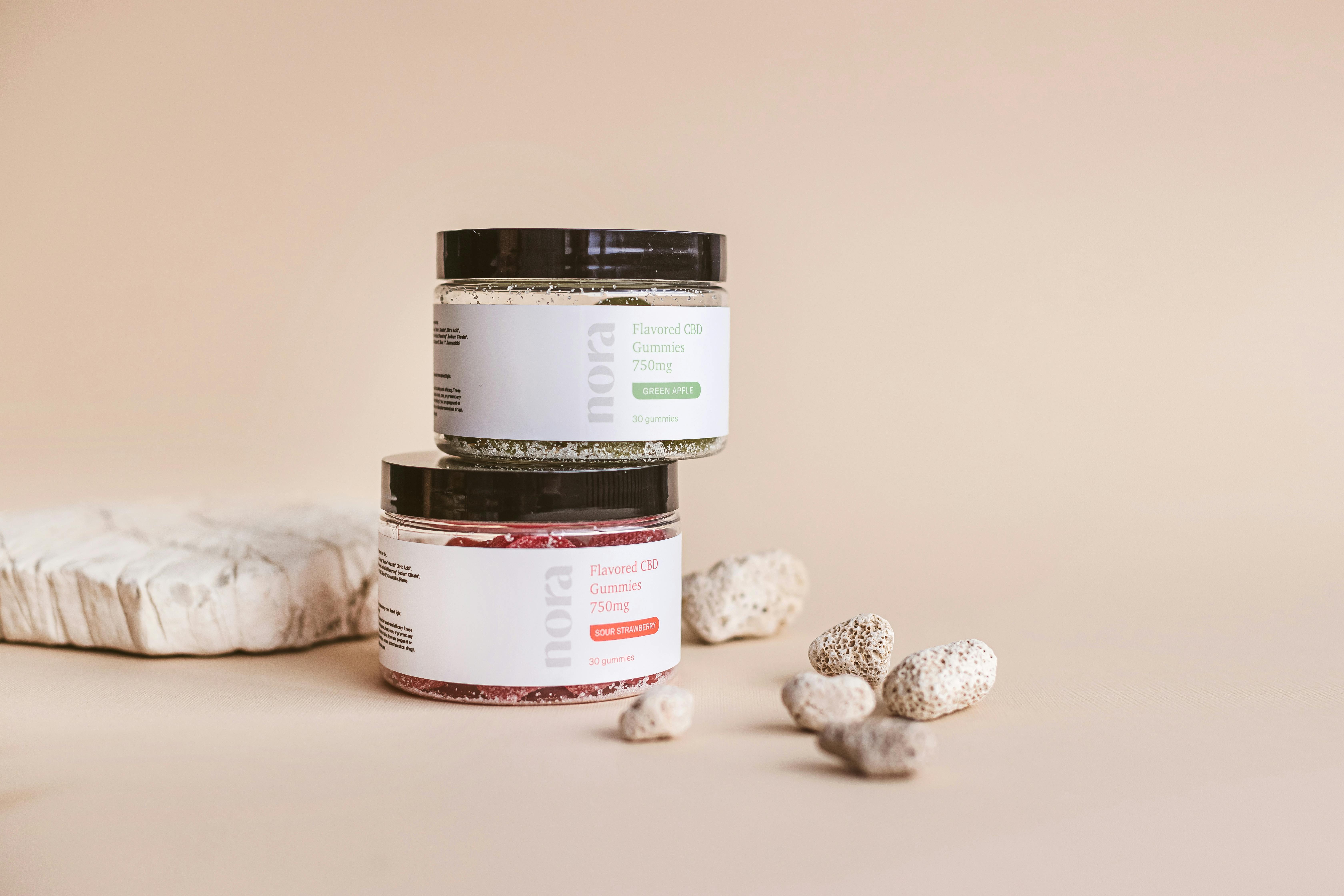Top 5 Practical Keto Alternatives to Coconut Sugar in 2025
Introduction to Coconut Sugar and Keto Alternatives
Coconut sugar, derived from the sap of coconut palm flowers, has gained popularity as a natural sweetener. However, its suitability for ketogenic diets is often debated, prompting many to search for keto substitutes for sugar. With a glycemic index lower than traditional sugars, it can still impact blood sugar levels, raising questions about its place on a low carb diet. This article will explore five effective alternatives to coconut sugar, focusing on their benefits, uses, and how they align with your keto journey in 2025.
Understanding how to choose sweeteners for keto will help manage cravings and maintain ketosis. These alternatives can render many delicious coconut sugar recipes keto-friendly. By the end of this article, you will gain insights into how to implement these substitutes effectively.
The Quest for Keto-Friendly Sweeteners
Many individuals wonder, "Is coconut sugar keto?" and whether it can fit into their dietary plans. The answer isn't straightforward, as while coconut sugar is less processed than other sweeteners, it still contains carbohydrates. Therefore, seeking alternatives is advisable to stay within daily carb limits.
This brings us to the process of evaluating sugar sources, where we will compare traditional sugar alternatives and highlight their nutritional profiles, environmental impacts, and health effects. Understanding these factors is crucial for informed dietary choices.
Alternative Sweeteners and Their Benefits
Many options exist beyond coconut sugar, such as stevia, erythritol, and monk fruit. These keto-friendly sweeteners offer zero or minimal calories while maintaining a sweet flavor profile. Utilizing these alternatives can further enhance your ketogenic cooking and baking endeavors.
Next, we'll dive into five of the best alternatives that can seamlessly replace coconut sugar in a keto diet.
1. Erythritol: A Low-Calorie Sweetener
What is Erythritol?
Erythritol is a sugar alcohol that is almost calorie-free and does not impact blood sugar levels, making it a popular choice for keto dieters. It's approximately 70% as sweet as table sugar, allowing for easy substitutions in recipes.
Health Benefits of Erythritol
One of the significant benefits of erythritol is its low glycemic effect, making it safe for diabetics and those following low carb sweeteners. It's also easier to digest compared to other sugar alcohols, which can cause gastrointestinal issues.
Using Erythritol in Keto Baking
When incorporating erythritol into your recipes, it's essential to adjust quantities since it is slightly less sweet than coconut sugar. While substitutes may vary, typically, a 1:1 ratio in most recipes should work well.
Overall, erythritol is a versatile sweetener that fits well within the ketogenic framework and serves as an excellent alternative to coconut sugar.
2. Monk Fruit Sweetener: Nature’s Sweet Gift
Understanding Monk Fruit
Monk fruit sweetener is derived from the monk fruit, a small green gourd. It has been used for centuries in traditional Chinese medicine. It boasts a sweetness 150-200 times that of table sugar but contains zero calories and has no effect on insulin levels, making it a perfect sugar alternative for keto dieters.
Benefits of Monk Fruit Over Coconut Sugar
Unlike coconut sugar, which contains some carbohydrates, monk fruit sweetener offers a natural, no-calorie option without the drawbacks often associated with other sweeteners. The health benefits of using monk fruit include its antioxidant properties and its potential to help reduce inflammation.
How to Use Monk Fruit Sweetener
When replacing coconut sugar with monk fruit, you require a much smaller quantity due to its intense sweetness. Using monk fruit in beverages, desserts, and savory dishes can enhance flavor without calorie guilt.
3. Stevia: A Green Leaf Sweetener
What is Stevia?
Stevia is derived from the leaves of the Stevia rebaudiana plant. It is another keto-friendly sweetener that does not raise blood glucose levels. Its sweetness is derived from compounds called steviol glycosides, which can be 50-300 times sweeter than regular sugar.
Advantages of Using Stevia
The primary advantage of stevia is its lack of calories. It's beneficial for weight loss and diabetes management as it doesn't cause insulin spikes. Choosing stevia over coconut sugar can easily reduce your overall sugar intake—crucial for anyone on a keto diet.
Incorporating Stevia into Diet
Stevia can be found in liquid, powder, or granule forms. It can be used in drinks, dressings, and baked goods. Since stevia is incredibly sweet, ensure to use it sparingly to avoid an overpowering flavor.
4. Allulose: A Rare Sugar with Unique Properties
Overview of Allulose
Allulose is a rare sugar found naturally in small quantities in fruits like figs and raisins. What makes allulose unique is that it has minimal calories and does not spike blood glucose levels, making it suitable for those adhering to keto guidelines.
Exploring Allulose's Benefits
Allulose is about 70% as sweet as sugar and may also provide a similar texture in baking, making it an ideal choice for desserts. Its low glycemic index makes it a beneficial alternative for managing blood sugar and weight.
Allulose in Cooking and Baking
When using allulose in place of coconut sugar, you can substitute it at a 1:1 ratio. It's ideal for making low carb desserts, and since it caramelizes similar to sugar, it’s perfect for recipes requiring browning.
5. Xylitol: A Sugar Alcohol for Sweetness
Discovering Xylitol
Xylitol is another sugar alcohol commonly used as a sugar substitute. It is about as sweet as table sugar but with 40% fewer calories. It's popular for its dental benefits, helping to reduce cavities and promote oral health.
Benefits of Using Xylitol
Xylitol has a low glycemic index and is absorbed slowly by the body, making it a good sweetener for those on keto diets. However, it’s crucial to note that it can cause digestive discomfort in some people.
How to Incorporate Xylitol in Your Keto Diet
Xylitol can replace coconut sugar in recipes using a 1:1 substitution. While it's a great sweetener, it should be noted that it's toxic to dogs, so keep the sweetener out of their reach.
Conclusion and Sweetener Options for the Keto Diet
When considering alternatives to coconut sugar, options like erythritol, monk fruit, stevia, allulose, and xylitol stand out as excellent choices for maintaining a keto-friendly lifestyle. Each offers unique benefits regarding sweetness, low caloric content, and overall health impacts. By understanding their properties and how to use them effectively, you can enjoy sweet flavors without derailing your diet.
FAQs About Coconut Sugar Alternatives
1. Can I use coconut sugar in moderation on keto? Yes, but be cautious of portion sizes as it contains carbohydrates.
2. What sweeteners should I avoid on keto? Stay away from high-calorie sweeteners like honey and traditional table sugars.
3. Do all keto sweeteners taste the same? No, different sweeteners offer distinct flavors and can affect your cooking differently.

 ```
``` 